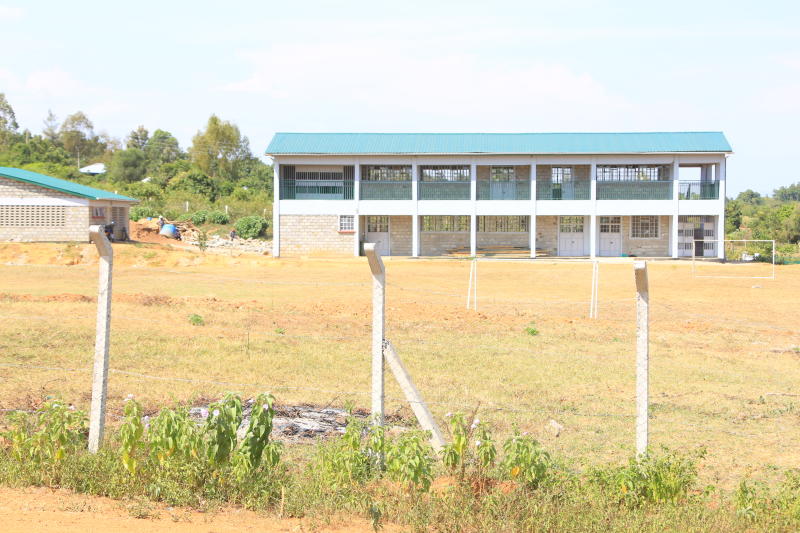×
The Standard e-Paper
Fearless, Trusted News

Former US President Barack Obama described his search for his roots when he visited his father's Kogelo village home in Siaya County.
In a nostalgic speech yesterday before local and international guests who attended the function during his fifth visit to Kenya, Obama said he had been troubled about his ancestry until he traced his roots to Kogelo 31 years ago.